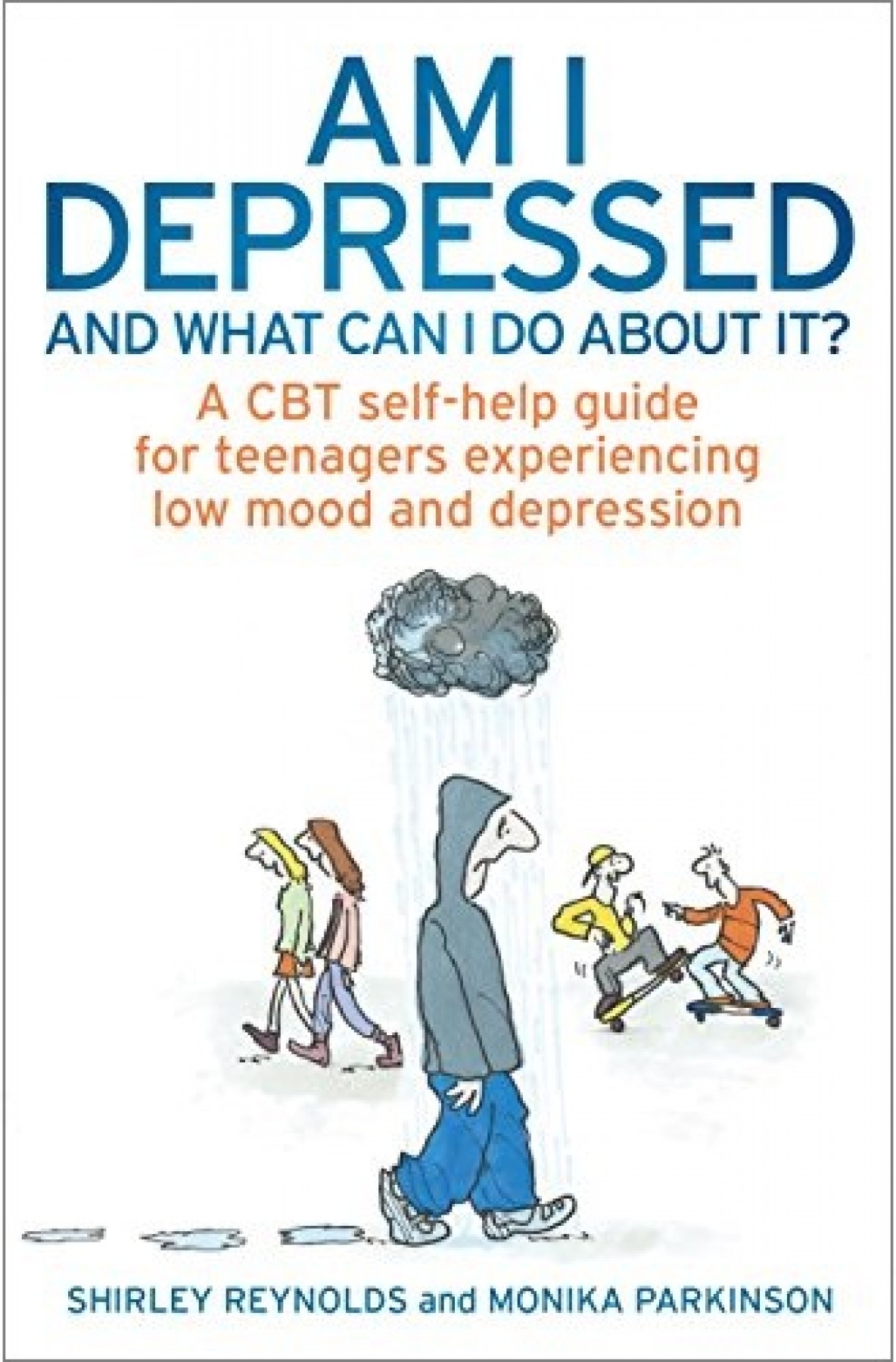Cognitive behaviour therapy (CBT) has been widely recognised as one of the most effective tools for supporting young people who have experienced depression. However, for a variety of reasons many young people aren’t able to access this support when they need it.
Am I Depressed And What Can I Do About It? along with its companion Teenage Depression, A CBT Guide for Parents provides young people and their whanau/families with advice and practical strategies to help them manage and even treat their own symptoms using CBT.
Practical tools that fit in with young people’s lives
This book focuses on practical examples that can easily be applied to day-to-day life. It’s full of cartoons and worksheets that can be filled out by young people, and even used to track their progress. Recognising that many young people experiencing depression may struggle to commit to reading a whole book, the authors acknowledge and even encourage readers to dip in and out, reading or even skimming chapters as needed, so they get the information and skills they need at the time.
Another feature that really impressed me was the ‘Case Studies’. Three young people, aged 14, 16 and 18, with different backgrounds and experiences of depression, are used as examples of how CBT may (or may not) help young people manage their lives. These case studies had a real authenticity, and are obviously based on real young people with complex lives and experiences. These prove that CBT is not a ‘one-size fits all’ treatment. It needs to be adapted to your own needs and experiences, and when done so it can provide real benefits.
But is it relatable?
While I am no longer a teenager (a fact that I am grateful for) my teenage years are not so long ago that I have forgotten, so reading this I tried to remember my feelings as a teenager. And the teenager inside me found much of the information too technical. I think the authors could have benefitted from thinking about the difference between seeing a therapist and reading a book.
It’s not really realistic (or, I might argue, beneficial) to ask a teenager to administer and score psychological tests to determine whether they meet the diagnostic criteria for clinical depression. Instead I’d rather have seen an overview of the issues they might want to change, so readers can decide for themselves whether CBT would be helpful in their lives.
Also, throughout the book the authors take the role of a well-meaning adult giving advice to a teenager. While some young people may find this reassuring I think the teenage me would have felt talked down to, particularly discussions of topics like social media which did seem out of touch with young people’s lives.
Does this mean I wouldn’t recommend this to any young people? Not necessarily – I think it depends on the young person and their context. Rather than giving this to a young person to read on their own I think this book should be read in partnership with a supportive adult.
That way the young person will be encouraged through this process and the adult may be able to help translate some of the technical information to help it relate it to their lives. It may be a useful partner for SPARX and Aunty Dee, two other tools that use CBT to teach young people skills to manage depression.
Reviewed by Briar Milligan, Youth Health Information Specialist at Counties Manukau Health

